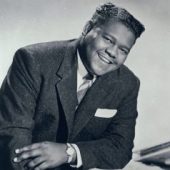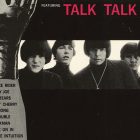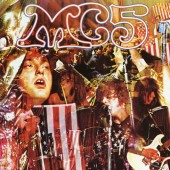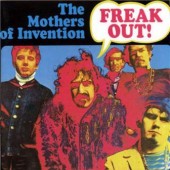
Arthur Lee
(7 mars 1945 – 3 août 2006)
![]()
![]()
Mise à jour du 13 juin 2013 au hasard d’une balade sur Wikipédia : “Vincent “Vicente” Rodriguez, former pop music critic at the Dallas Morning News, lists “Forever Changes” as his No. 1 album of all-time. “The Beatles are the best and most influential act of the rock era, but even their best work – the trilogy of “Rubber Soul,” “Revolver” and “Sgt. Pepper’s” – falls short of ‘Forever Changes.’ This dark, innovative and melancholy masterpiece squashed the 1960s utopianism – if it ever existed – three years before the decade ended. There was the aftermath of the deaths of Martin Luther King Jr. and Robert Kennedy in 1968, the continuing debacle of the Vietnam War, a presidential election that featured a subtext of racism from which the country has yet to fully recover, the events at Altamont in 1969, all of which culminated with the Kent State shootings the following year.” On a personal level, Rodriguez says, “‘Forever Changes’ influenced my decision to become a music critic because as a Hispanic, I related to group leader Arthur Lee. He was an African American pursuing a dream in a field – rock music – with few minorities and in which they were often involuntarily assigned pre-determined places due their racial and ethnic backgrounds. Unfortunately, that was also the case when I became a music critic.”
Tentative de traduction : Vincent “Vicente” Rodriguez, ancien critique de musique pop au Dallas Morning News, cite Forever Changes comme son album n ° 1 de tous les temps. “Les Beatles sont le meilleur et plus influent groupe de l’ère rock, mais même leur meilleur travail – la trilogie de Rubber Soul , Revolver et Sgt. Pepper’s – n’atteint pas Forever Changes. Ce chef-d’œuvre sombre, novateur et mélancolique a brisé l’utopisme des années 1960 – s’il existait auparavant – trois ans avant la fin de la décennie. Il y a eu les suites de la mort de Martin Luther King Jr. et de Robert Kennedy en 1968, la débâcle persistante de la guerre du Vietnam, une élection présidentielle qui comportait un arrière fond de racisme dont le pays ne s’est pas encore complètement remis, les événements d’Altamont de 1969, tout ceci atteignant son point culminant lors de la fusillade de l’État de Kent l’année suivante.” Sur le plan personnel, Rodriguez a déclaré: “” Forever Changes “a influencé ma décision de devenir critique musical parce que, en tant qu’Hispanique, je me rapportais au chef de groupe Arthur Lee. C’était un Afro-Américain poursuivant un rêve dans un domaine – la musique rock – avec peu de minorités et où ils se sont souvent vu attribuer involontairement des lieux prédéterminés en raison de leurs origines raciales et ethniques. Ce fut malheureusement aussi le cas lorsque je suis devenu critique musical. ”
![]()











Soyez le premier à commenter